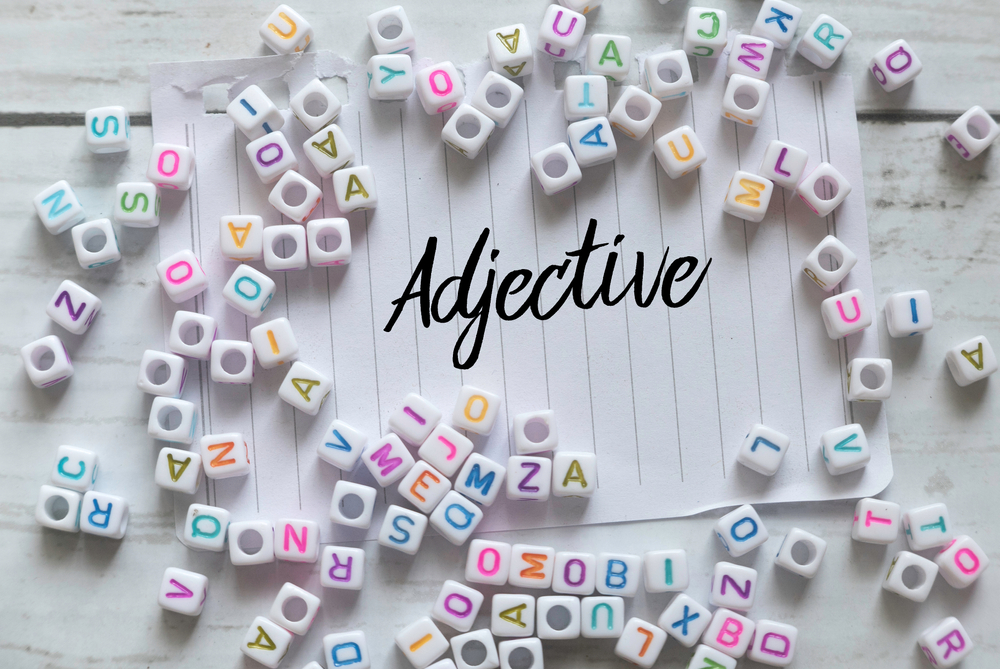Phonics Worksheets Activities With Answers for Ages 5-8 - Page 2
25 filtered results
-
From - To


Phonics and Word Recognition: Assessment 1 ELA Worksheet
Phonics activities are crucial for children aged 5-8 as they lay the foundation for reading and writing skills. At this developmental stage, children are highly receptive to learning essential literacy concepts. Engaging in phonics activities helps children understand the relationship between sounds and letters, enhancing their decoding skills essential for reading. Through interactive and fun exercises, children learn to sound out words, which boosts their confidence when approaching new texts.
Parents and teachers should care about providing phonics activities because they not only improve literacy but also foster critical thinking and problem-solving skills. Activities with answers allow for immediate feedback, helping children identify mistakes and understand the correct usage of sounds, further solidifying their learning.
Moreover, phonics skills contribute to overall academic success, as strong reading abilities align with better performance across subjects. By participating in these activities, parents and teachers can make learning enjoyable, fostering a love for reading that beneficiaries will carry into adulthood. In essence, phonics activities are instrumental in building thriving, confident readers who are well-equipped to navigate future educational challenges.
 Assign to My Students
Assign to My Students
















